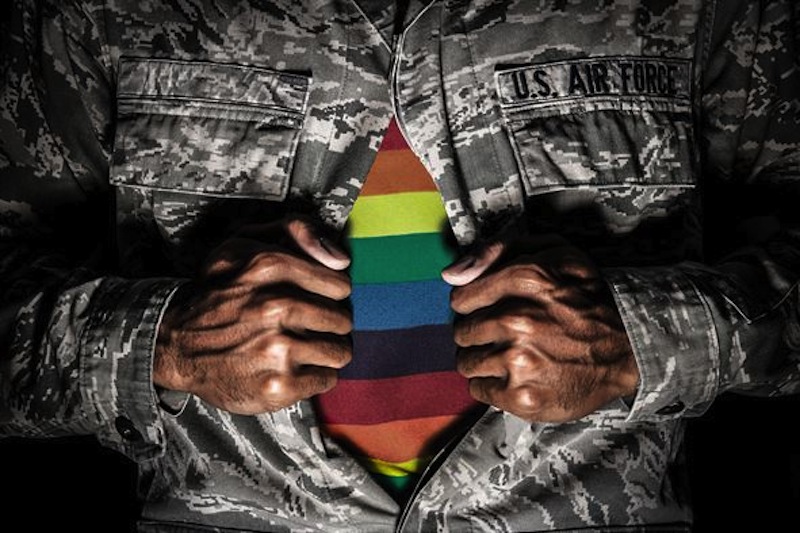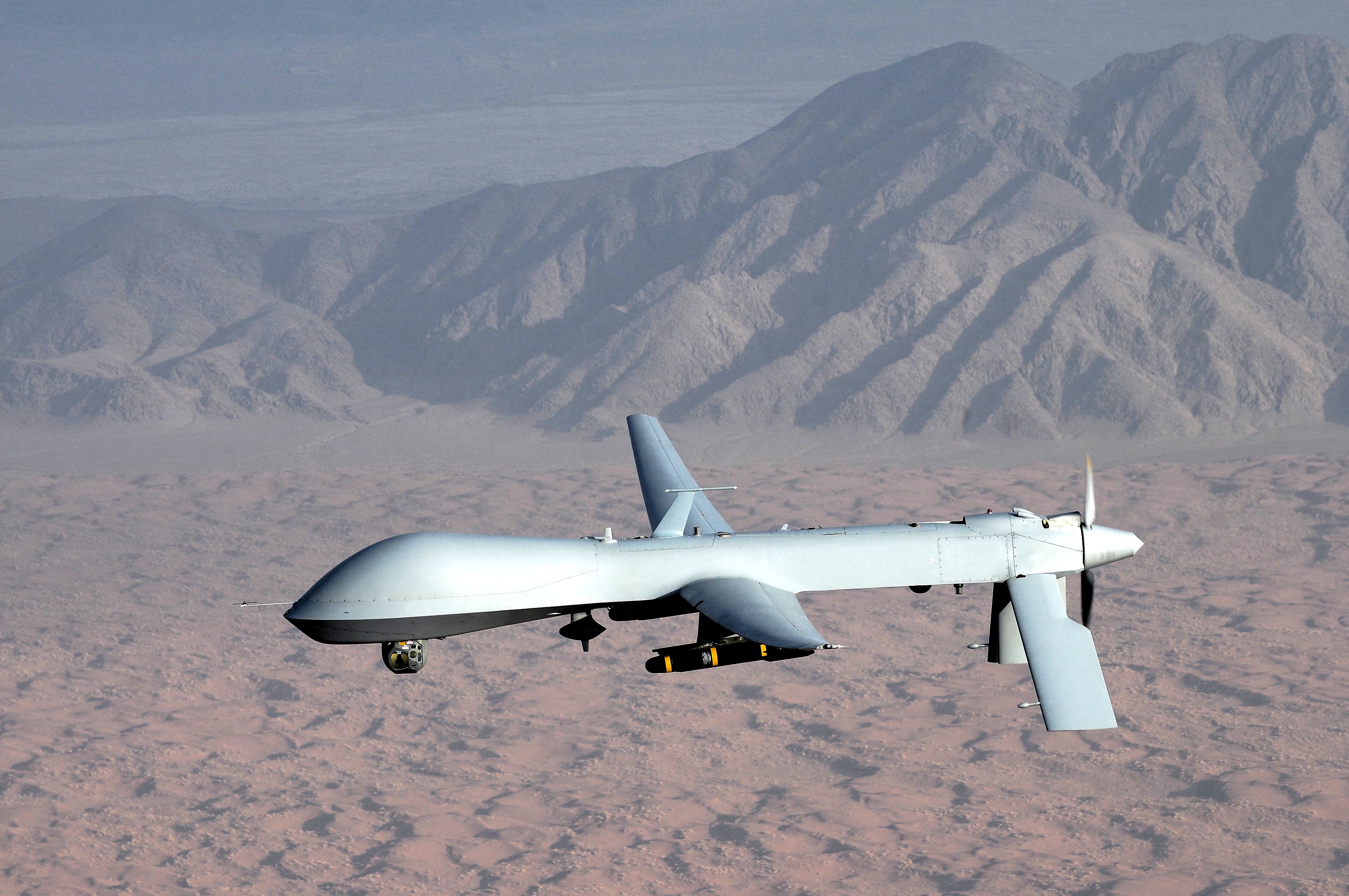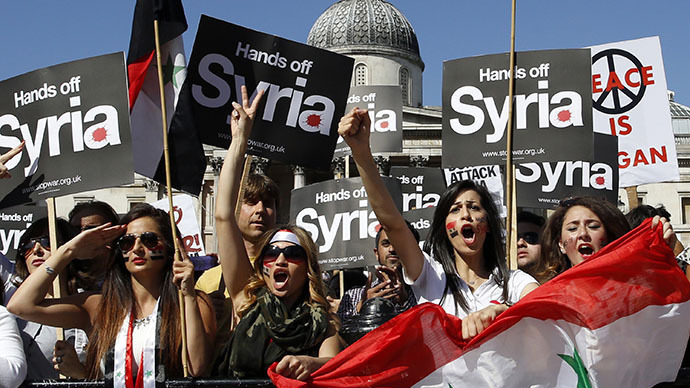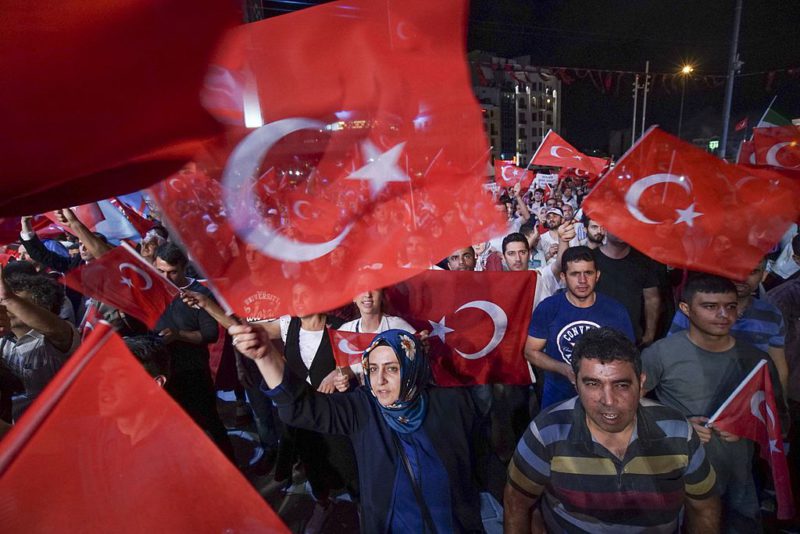On Wednesday July 26, 2017, U.S. President Donald Trump announced that he will be banning all transgender individuals from serving in the American military. President Trump publicized his declaration via Twitter, saying that the U.S military would no longer “allow or accept” transgender people to serve in the U.S armed forces in any capacity. In the series of tweets that followed, President Trump wrote, “Our military must be focused on decisive and overwhelming victory and cannot be burdened with the tremendous medical costs and disruption that transgender in the military would entail.” President Trump’s radical shift away from creating a more inclusive relationship between the LGBTQ and military communities will adversely affect over 4,000 transgender Americans who are actively serving in the U.S Army, Navy, Air Forces, Marines, and their respective reserves.
The basis for President Trump’s new policy is supposedly that American military cannot afford to accommodate transgender individuals, who require additional healthcare services. This reasoning is questionable, since research shows that the costs of medical care for transgender servicemen are too negligible to even warrant consideration in the current policy debate. One study, led by Aaron Belkin and published in the New England Journal of Medicine in September 2015, argues that the cost of care for each transitioning transgender military personnel would cost the U.S military merely 22 cents per member per month, which is approximately $5.6 million annually. While this may seem like a large sum, it is quite small in comparison to the U.S military’s $47.8 billion annual health care budget. Another study, commissioned by the Department of Defense and conducted by the RAND Corporation, found that the health care costs of transgender individuals — who make up a small fraction of the total force — would have a minimal impact on the U.S military.
President Trump’s unforeseen declaration will effectively reverse the effects of the Obama Administration’s “Force of the Future” initiative, which aimed to ensure that the U.S military is more inclusive by loosening restrictions placed on transgender people currently members of the military, and those who wish to serve. The Force of the Future initiative repealed the Pentagon’s longtime ban on transgender personnel serving openly in the military, removing an important discriminatory barrier for transgender people. President Obama’s Defense Secretary, Ashton B. Carter had announced that any transgender personnel already serving in the armed forces could immediately serve openly, receive medical care and formally change his or her gender identity in the Pentagon’s personnel system. However, Carter gave the Pentagon a year-long review process to determine if it would accept new transgender recruits to enlist in the armed services.
The process hit a roadblock in June 2017, a month before the one-year deadline, when James N. Mattis, the current United States Secretary of Defense for the Trump administration, delayed the decision on whether or not transgender recruits could join the military. Mattis explained that a six-month delay would give military officials more time to assess if allowing transgender individuals to enlist in the U.S military would impact the “readiness and lethality” of the armed forces. President Trump’s announcement now cancels that delay policy.
It is unclear how President Trump wants to implement the ban, and what the fate of the thousands of active-duty transgender military personnel will be. White House press secretary Sarah Huckabee Sanders did not address the issue of what would happen to active military members, and said only that the Department of Defense and the White House would have to work together “as implementation takes place and is done so lawfully.”
President Donald Trump, who describes himself as a “real friend” to the LGBTQ community, is now under scrutiny from many human rights organizations, who argue that this executive order is discriminating and dehumanizing for the transgender community. In his 2016 presidential campaign, President Trump had spoken supportively of LGBTQ people’s rights, stating that he would always fight for the LGBTQ community’s “freedoms and beliefs”, but his administration’s policies are now proving otherwise. There is widespread anger from LGBTQ advocacy groups who are slamming President Trump for his policy change to not allow transgender people into the military. This new policy is widely seen as an ignorant attack on all transgender troops who put their lives on the line and honourably serve for their country everyday.
Photo: President Barack H. Obama issued a proclamation declaring June as lesbian, gay, bisexual and transgender Pride Month (June 2017), by Senior Airman Michael Smith via Fairchild Air Force Base
Disclaimer: Any views or opinions expressed in articles are solely those of the authors
and do not necessarily represent the views of the NATO Association of Canada.




